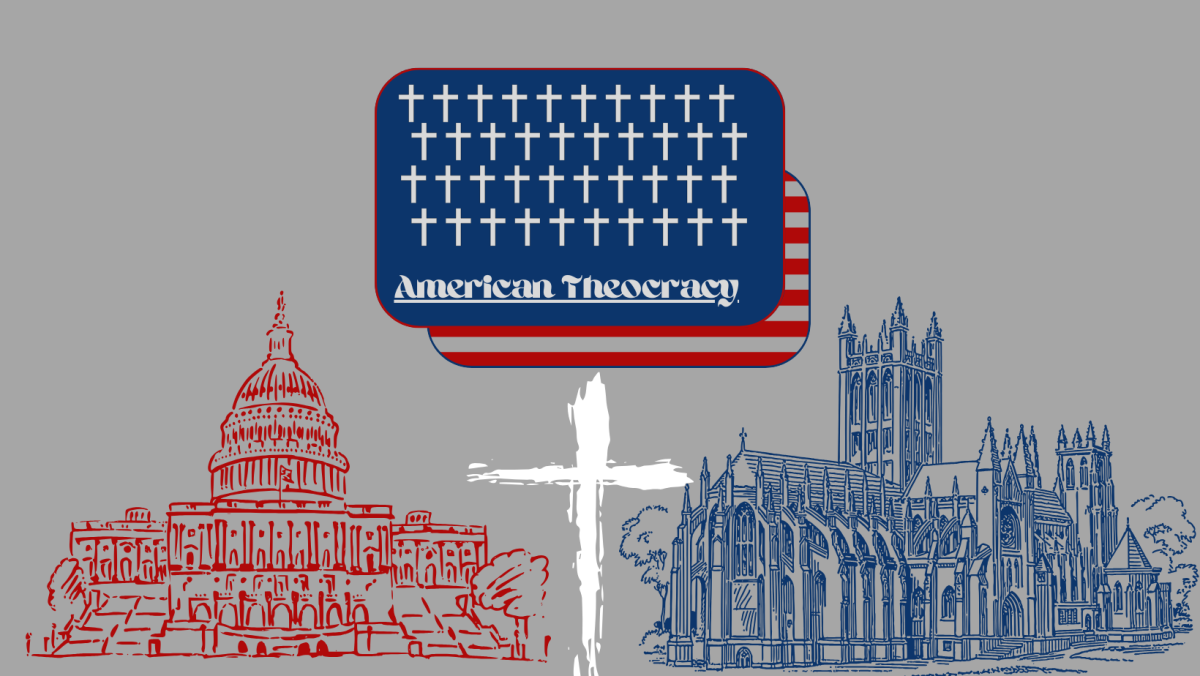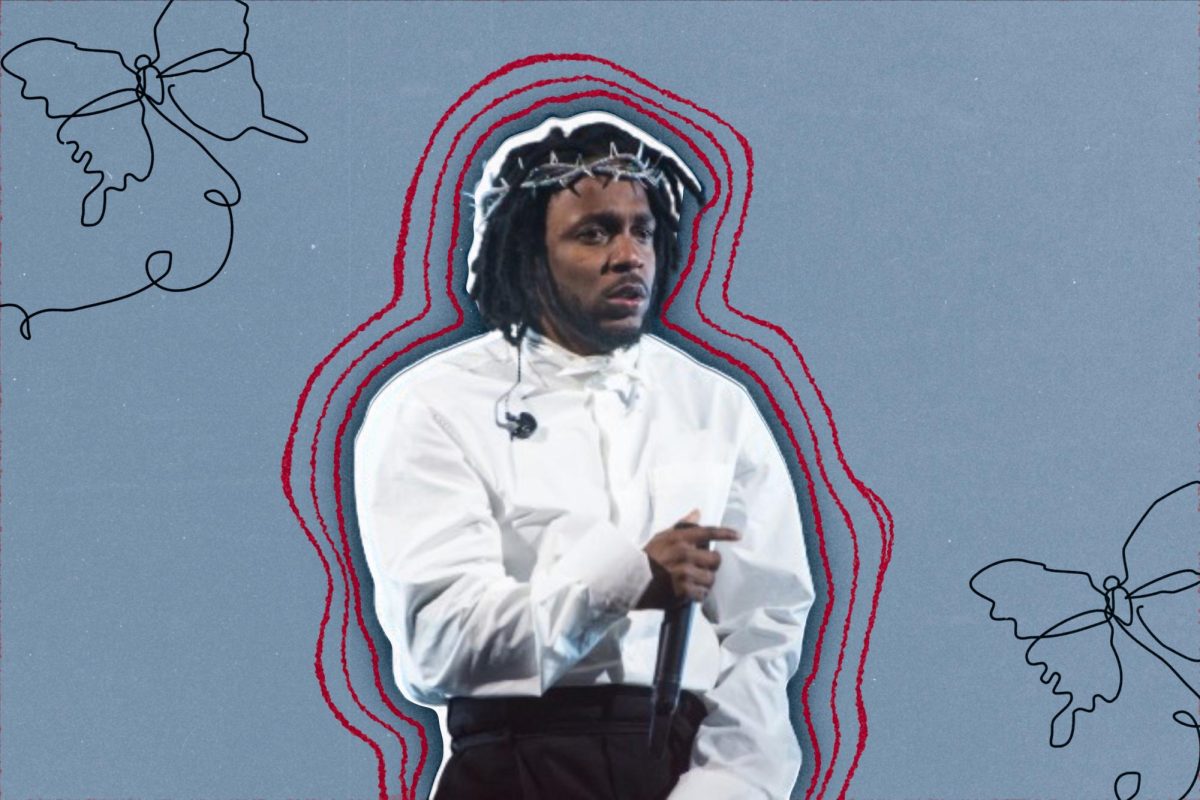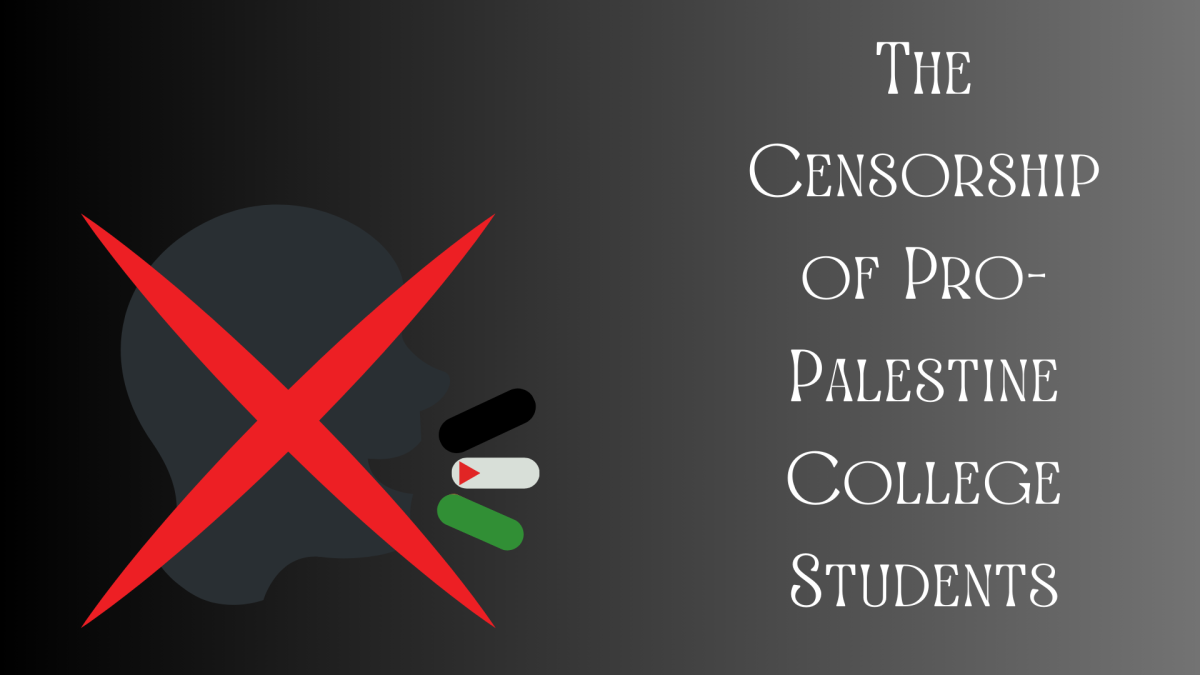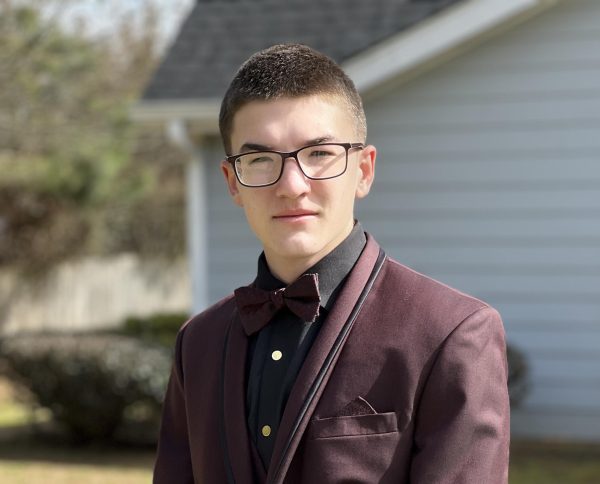The United States Supreme Court continues to gradually chip away the boundaries guarding religion and policy; with seven of nine justices following catholicism, a stark contrast between the people and the government persists. In the court resides only one non-Christian justice, Conservative Jew Elena Kagan. The recent decisions in the judicial branch depict a growing avalanche in American politics that threatens an integral piece in policy-making: the separation of church and state.
People fail to question the lack of religious representation in the country’s highest court, but an overwhelming majority agree religion should not impact federal jurisdiction. In a study from the Pew Research Center, 69% of respondents said the United States should not declare any religion as the official American faith; this concept has maintained its grounding as a fundamental structure in the Constitution for centuries.
Decisions limiting reproductive rights, such as the infamous Roe v. Wade overturn, retain no morals other than religious values. Christians have banded together through anti-abortion beliefs, leading to the court’s overruling.
Supporters of the ban argue that Christ-followers do not sit alone. For instance, Hindu leaders ban abortions due to followers’ belief in nonviolence and Buddhist morals lead to concepts of anti-abortion despite no written views. With roughly two-thirds of American citizens identifying with a religious group, sharing ideas between ideologies could influence the reactions to the government’s recent faith-led jurisdictions. Religion still strongly influences the morals, values and opinions within America’s social fabric, suggesting that devout Americans should share similar beliefs to their political counterparts.
However, according to Pew Research, a substantial 61% of Americans favored legalized abortions, which strips the legitimacy for the Supreme Court to even open the Roe v. Wade case. Despite Christianity’s strong presence in society, the lines between pressing social issues and holy scriptures blur behind America’s growing diversity. With over half of Catholics standing for legalized abortion, even highly conservative Christian denominations commonly disagree with abortion rights. Similar issues arise in Jewish and Islamic faiths as their respective books do not clarify a stance on reproductive rights, sparking confusion and disputes between theologians. In fact, Pew Research found that synagogues endorse abortions by means to protect potentially-harmed mothers. Other believers have found workarounds to the controversial topics as well. Japanese Buddhists often perform mizuko jizo, a ceremonial abortion practice in which they believe the rituals guide unborn infants to deities in an otherworldly life.
“Knowing that the majority of women support the legalization of abortions shows that the government truly does not care for its citizens, especially when those same citizens go against what they believe. So in all, the government has gone way too far in the religious aspect of things and forgot they need the support of the citizens to keep them going,” senior Jaidin Bryson said.
Despite the people’s opposition to a theocratic America, the Supreme Court makes its goals evident with recent rulings. For the first time in history, justices ruled that a religious activity required funding from the state as part of an educational aid program. Carson v. Makin, a case against the state of Maine, resulted in jurisdiction overturning a longstanding ban on public funding for religious institutions. Maine, a state where over 40% of taxpayers do not follow Christianity, now must use tax dollars to support students’ tuition for private Christian schools. These private institutions, which already boast their own financial aid programs and scholarships, receive increased funding from state taxes through vouchers. States, including Georgia, use these vouchers to relieve tuition for students seeking a private education.
Meanwhile, the state and federal government fail to adequately fund Title I institutions such as NC feeder schools McCall Primary, Acworth Intermediate and Barber Middle School. As the Department of Education falls to an $85 billion deficit in funding for American schools, the decision to spend money on private theological organizations demonstrates the system’s undermined religious and economic freedoms.
“Private schools have the opportunity to teach a different curriculum. They have to follow state standards, but they can throw other stuff in there. I know because I went to a private school. If taxes fund private schools, but the curriculum of private schools is not fully regulated, you’re using government money to push a religion… It’s important to have the option of private school, especially if parents want a religiously influenced education, but the government should not be providing funding for them,” senior Fellowship of Christian Athletes member Parker Prevost said.
Despite Thomas Jefferson and the Founding Fathers’ firm stance on barring spiritual beliefs from political movements, the United States expanded its roots in divinity. With the national motto “In God We Trust” plastered on state seals, license plates and currency throughout the country, aspirations to evangelize American politics adhere to a historical, patriotic embellishment and fascination with spirituality.
The judicial branch’s refusal to abide by one of the nation’s cornerstones showcases politicians’ ironic contradictions. The power rests within the Supreme Court to uphold Constitutional rights, but until the legislature somehow discovers a sealant for the crumbling boundary, the Supreme Court will continue constructing its theocratic fortress on Capitol Hill.















